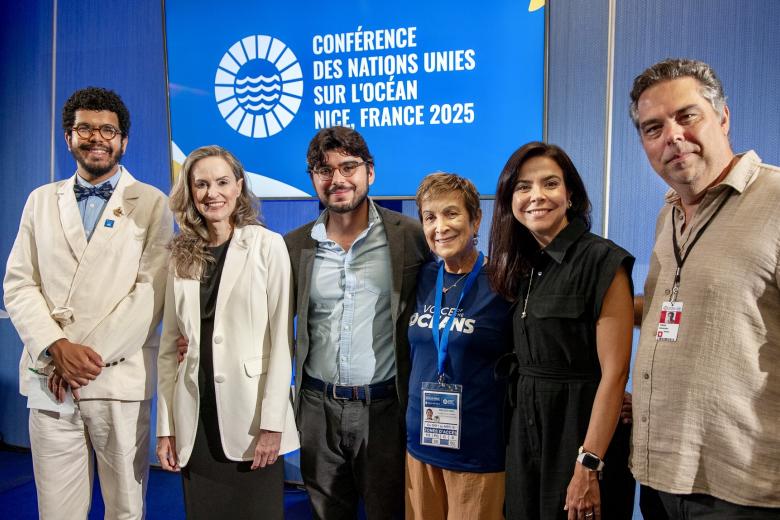Crossing borders
At the start of this academic year, on the occasion of the 200th anniversary of the Kingdom of the Netherlands, I was asked to participate in a debate here in Maastricht on “borders”: the frontiers that surround us here in the southernmost part of the country to the east, west and south.
My talk started with a Loesje slogan. A Dutch free speech organisation, Loesje has gone international, so I take it you are familiar with its clever philosophical reflections. The one I started my talk with was the following: “A border is actually a desire … to go further” (“een grens is eigenlijk een wens … om verder te gaan”). This seemed to fit well with the history of Maastricht, from its settlement by Romans crossing the river Meuse to the location of the signing of the Treaty on European Union. That Treaty eliminated many economic and financial borders between European member states, but at the same time highlighted the many other borders left. These remaining borders form a barrier to transnational synergies and opportunities. And for a region such as South Limburg, with its 220 kilometres of international borders and only 6 kilometres of domestic borders, these missed synergies and opportunities are likely to be significant. Far more so than for any other region in the Netherlands or, for that matter, in Europe.
Maastricht University lies at the centre of this Euregion, surrounded by borders, challenging us, too, “to go further”. Further in providing expertise, information and advice on the many practical barriers, from public transport and language barriers to unfavourable taxation, pension and social regimes, which limit and undermine cross-border mobility and cooperation. With our partners, we are in the process of developing a business plan for an expertise centre to deal with these issues. But we also want to go further in enhancing knowledge of the languages of the Euregion among our students and staff. English is, and will remain, our lingua franca in both teaching and research. We also offer basic Dutch courses to our foreign students, to help them integrate better in the local community and encourage them to stay in South Limburg and the Netherlands after their studies. But we should reflect on whether we could offer German and French courses to our domestic, Dutch-speaking students, so that they too can exploit the borderless job opportunities of the Euregion. I support the idea that our students should be fluent not just in their mother tongue and English, but also in at least one other language of the Euregion. For me, this is ultimately what our nearby borders invite us to take on board: knowledge of the culture and language on the other side.
This text was also published in the Maastricht University (web) magazine, October 2014.
-
Rethinking Vulnerability: How Consumer Law Forgets About Elders
On March 13, 2025, M-EPLI welcomed Professor Bianca Gardella Tedeschi from the University of Eastern Piedmont in Italy to present her groundbreaking research on recognising elders as vulnerable consumers in EU consumer law. The presentation, moderated by Dr. Daniel On, sparked a vibrant discussion...

-
A ‘Nice’ Turn for Ocean Governance: The Maastricht-São Paulo Delegation at the United Nations Ocean Conference
From 8–13 June 2025, I had the opportunity to attend the Third United Nations Ocean Conference (UNOC3) in Nice, France, as part of the Maastricht-São Paulo delegation. I participated as a scientific delegate (not representing the interests of any nation), affiliated as a Lecturer at Maastricht...

-
A Fan’s Guide to Football’s Lex Sportiva: How the CJEU is Changing the Game
On April 28th, I published my very first podcast, which dived into the iconic field of Sports Law. This work was the product of an “Honours Programme Personal Project” supervised by Dr. William Bull. As I look back on this experience, I am honored to share some of the takeaways which Dr. Bull and I...

